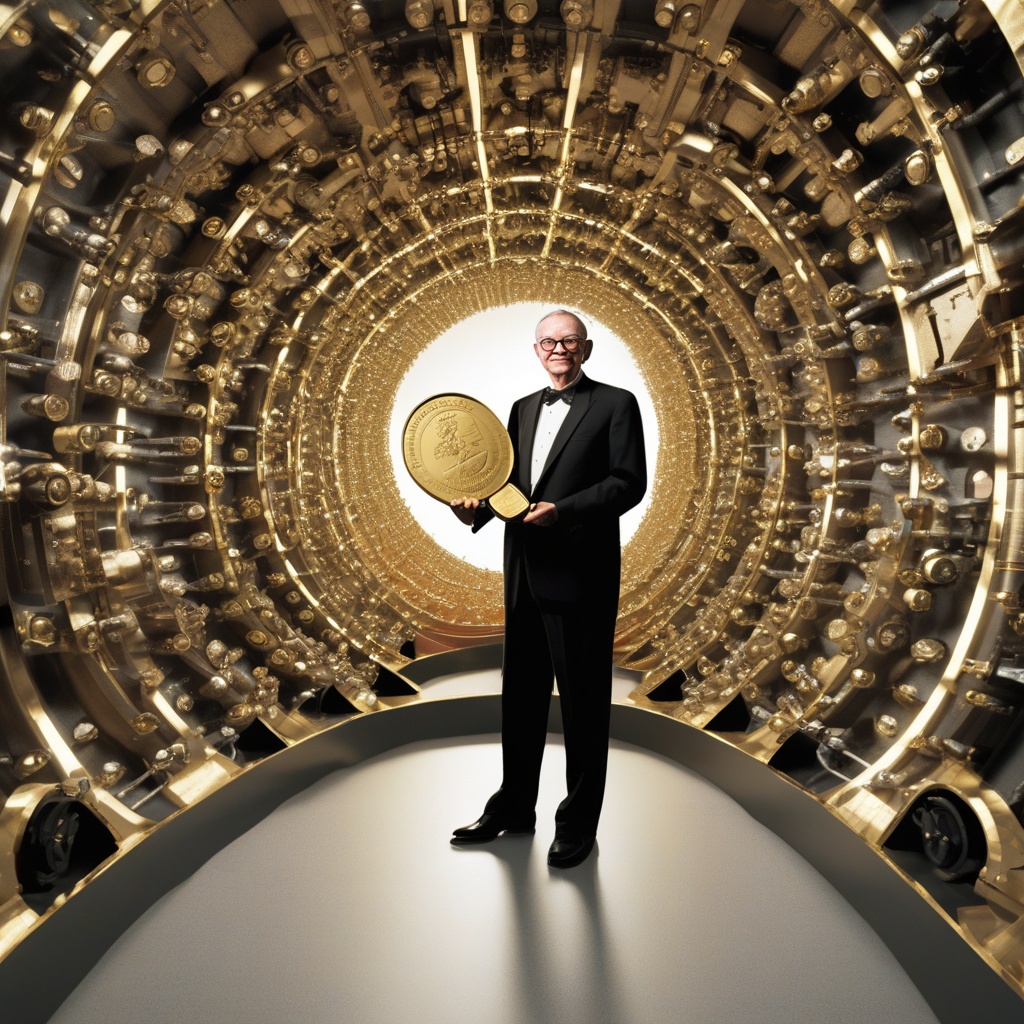Nobel Prize Awarded for Tunnelling in Superconducting Circuits
The 2025 Nobel Prize in Physics has been awarded to John Clarke, Michel Devoret, and John Martinis for their groundbreaking work in demonstrating quantum tunnelling in a superconducting circuit large enough to hold. This prestigious recognition highlights the significance of their research in the field of quantum physics and its potential implications for the future of technology.
Tunnelling in superconducting circuits is a phenomenon that plays a crucial role in the behavior of quantum systems. It involves the ability of particles to pass through energy barriers that would be insurmountable according to classical physics. This effect is of particular importance in the development of quantum technologies, such as quantum computers and quantum sensors, where the manipulation of quantum states is essential.
The work of Clarke, Devoret, and Martinis has paved the way for significant advancements in the field of quantum tunnelling. By demonstrating this phenomenon in a superconducting circuit of considerable size, they have provided valuable insights into the behavior of quantum systems on a macroscopic scale. This achievement is a testament to their expertise and dedication to pushing the boundaries of scientific knowledge.
One of the key implications of this research is its potential impact on the development of quantum computers. Quantum computers have the potential to revolutionize the field of computing by leveraging the principles of quantum mechanics to perform calculations at speeds far beyond what is achievable with classical computers. The ability to control and manipulate quantum tunnelling in superconducting circuits is a crucial step towards realizing the full potential of quantum computing technology.
In addition to quantum computing, the demonstration of quantum tunnelling in superconducting circuits has broader implications for the field of quantum information processing. Quantum information processing encompasses a wide range of applications, from secure communication protocols to high-precision sensors. The ability to harness the power of quantum tunnelling in practical devices opens up new possibilities for the development of advanced technologies with capabilities that were previously thought to be impossible.
The recognition of Clarke, Devoret, and Martinis with the Nobel Prize underscores the importance of their contributions to the field of quantum physics. Their research not only advances our understanding of the fundamental principles of quantum mechanics but also paves the way for practical applications that have the potential to transform various industries. As we look to the future, the work of these esteemed scientists will continue to inspire further innovation and discovery in the field of quantum technology.
In conclusion, the awarding of the Nobel Prize in Physics to John Clarke, Michel Devoret, and John Martinis for their demonstration of quantum tunnelling in superconducting circuits is a testament to the significant impact of their research. By pushing the boundaries of what is possible in the realm of quantum physics, these scientists have opened up new possibilities for the development of advanced technologies with far-reaching implications. Their work serves as a beacon of inspiration for future generations of researchers seeking to unlock the full potential of quantum mechanics.
Nobel Prize, Physics, Tunnelling, Superconducting Circuits, Quantum Technology
